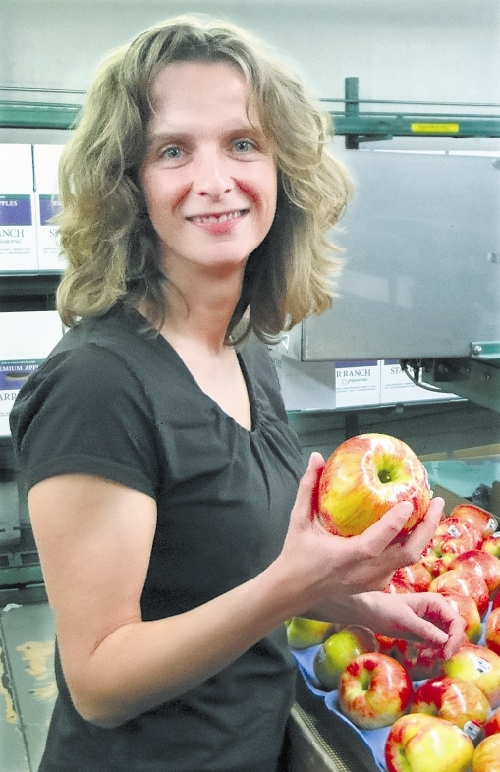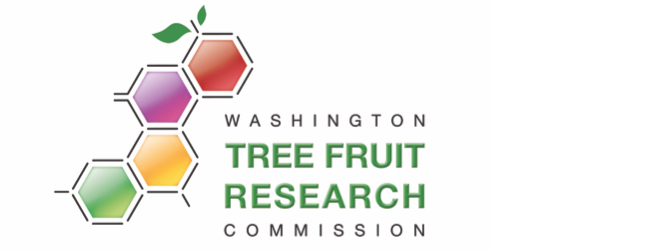By Ines Hanrahan and Stefan Röder, Washington Tree Fruit Research Commission
Accurate information about the status of maturity of fruit on the tree prior to harvest, at receiving in the storage facility and throughout storage is necessary to provide a year around supply of fruit with adequate quality, while at the same time minimizing postharvest losses and ensuring financially sustainable packouts/returns for growers.
In order to be useful for any operation, a new instrument should be accurate, preferably more accurate than the standard method. Secondly, instruments need to be reliable, especially when operated under field conditions or by personnel with minimum training. In addition to the initial purchase price the cost of labor (training, performing of task, maintenance etc.) needs to be considered.
Recently, several devices to assist in determining some of the commonly used fruit quality parameters such as firmness, soluble solids content (SSC), titratable acidity (TA), dry matter content (DMC), and skin color have been introduced to growers in the Pacific Northwest and elsewhere. The Washington Tree Fruit Research Commission (WTFRC) Internal Program, under the leadership of Ines Hanrahan, has
tested several such devices. A summary of five selected devices will be given in three consecutive newsletters. We will start with an introduction of the Felix F-750 in the next issue.
Contact
Ines Hanrahan
Washington State Tree Fruit Research Commission
hanrahan@treefruitresearch.com


